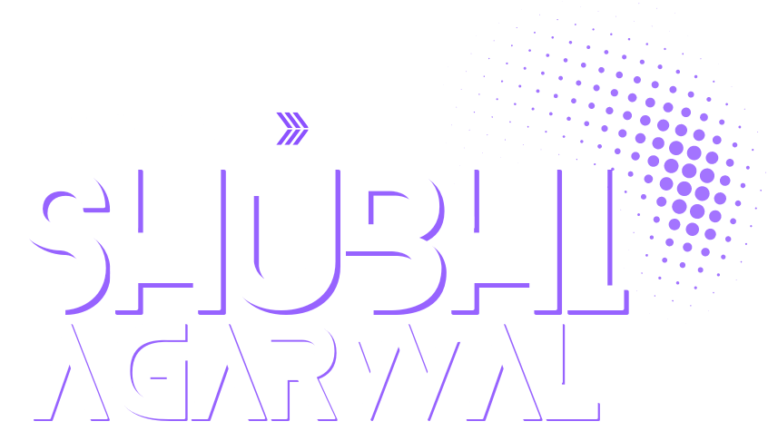SEO stands for Search Engine Optimization, i.e. optimizing your Website to rank higher on search engine (e.g. Google) to increase your visibility leading to higher traffic and more sale.
Why is it important to rank on 1st page of Google?
FACT: First 5 results on Google get 67% clicks.
There is often a joke saying – The best place to hide a dead body is 2nd page of Google.
However, To understand how to show up first in the search engine results, you must understand three core components:
- How does a search engine work?
- What content do people want to read?
- How to promote and optimize your Website effectively?
With algorithm updates, search engines and technology is always evolving. However, some fundamental elements remained unchanged from the earliest days of SEO. In this blog, we are talking about some scenarios to explain just that.
How do search engines work: An Example
You are looking for a book, and you go to the librarian (i.e. google) and ask for “Plant Book”, and it will show you all the books related to Plants.
You narrow it down and say – “Air Purifying Plants “, It will specifically show you the websites around this category.
You further realize a specific product you are looking for and say – ” Snake Plants “. Do note that your results have changed to this particular category.
A librarian is giving the result based on your search. The word “Plants” will have a zillion results, “Snake Plants” will be in thousands. Therefore, it is essential to focus on the right keywords for efficient output.
What content do people want to read
- Informative and Value Driven
- Emotional and Relatable
- Logic and Reasoning
- Interesting Storytelling
- Examples and Case Studies
When you write content to deliver any of the objectives mentioned above, Your articles/blogs will be engaging and enjoyable for your audience.
Simply put, Our job here is to educate the librarian in detail about the contents of the book, i.e. your products and services; so that your search terms can be incorporate n the content organically.
How to promote and optimize your Website effectively
To say simply, Consider your Website as a Marketing Spokesman and therefore, should follow some etiquettes and guidelines:
- Well dressed: Website should be clutter-free and aesthetically pleasing.
- Sound Communication: Content is the key. Effective communication can increase conversion rate so you can close your deals faster. Website content should have a well-thought content, presented cohesively.
- Product know-how: A website too must contain details about your product/ services to incorporate your search terms organically in your content.
- Good User Experience: An overall experience from the time a user lands on Website till she/he finishes a goal and leaves, It should be a smooth and efficient journey.
When you start thinking from this standpoint and optimizing your Website consistently, you will grow its visibility, leading to higher traffic and conversion to sales.
For more detailed tips and tricks, Check out our other blogs on SEO: #7 easy to follow tips to improve your Google search rank YOURSELF.





